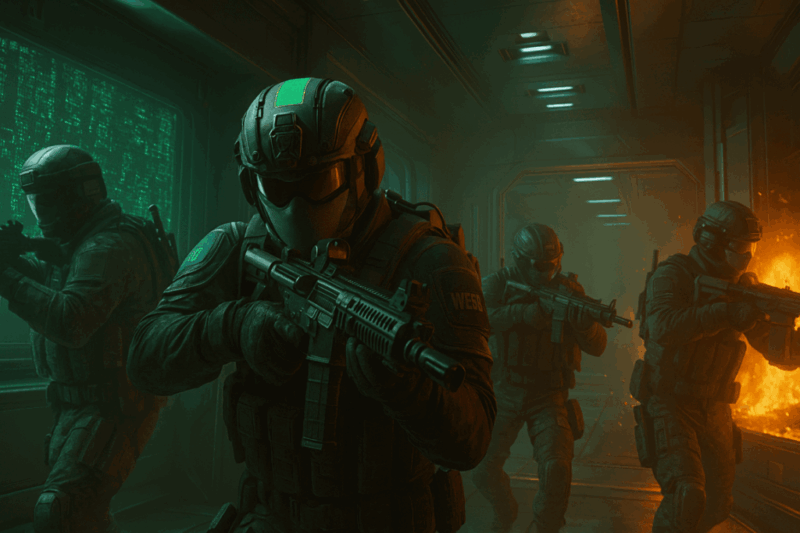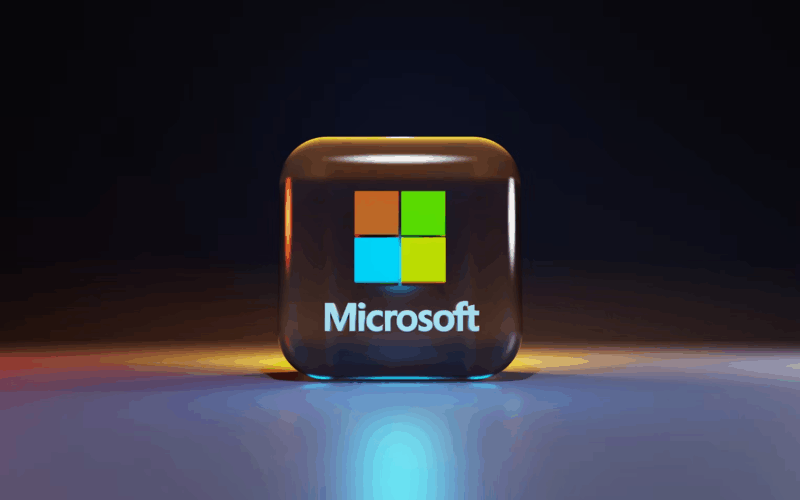
Remember when gaming meant playing Super Mario 64 on your Nintendo 64 with your friends? Today, gaming has transformed into a booming ecosystem that has dramatically surpassed its music and cinematic counterparts. But what has contributed to this significant increase?
Contrary to popular belief, becoming a gamer is not hard. Forget getting an ultra-custom PC setup with flashing RGB lights and water-cooling systems. What you need, however, is the right gear that suits your style, skill level, and budget. Whether you’re a casual player or looking to step into competitive play, here are five things you should know when buying gaming gear.
You Don’t Need Deep Pockets for Great Gear
A common misconception about gear is that getting started is expensive. Sure, you can spend a fortune to get high-tech gaming hardware. But you don’t need the most expensive parts to enjoy a great gaming experience. Irish gamers have mastered this principle perfectly with many local retailers, such as Curry’s and online gaming shops like Komplett.ie, offering affordable and reliable gear.
That way, whether you prefer competitive titles like Counter-Strike and Dota 2, or more laid-back gaming options like those found at an online casino Ireland, there’s no need to overspend. In fact, Irish casino players don’t even need to spend much on gaming gear, since most online gambling sites are optimized for play on standard devices like laptops and smartphones.
Nonetheless, there are plenty of budget-friendly accessories that gamers across Ireland and the world can use to indulge in quality gameplay.
Don’t Fear Investing in a Quality Graphics Card (GPU)
Even though you’re looking for budget-friendly gear, skimping on your GPU might jeopardize your gaming experience in the long run. A key component responsible for those crisp graphics, the GPU ensures your gaming PC does not lag or skip. Opt for mid-range or gently used previous-generation models for a lighter price tag.
Quick tip: Avoid gaming PCs or laptops with an integrated graphics card. Most of them are not designed for gaming. The key is to match the quality of the types of games you play with the GPU choice.
Solid State Drives (SSDs) are the Key to Fast Loading Times
Remember when solid-state drives were a pricey luxury? As SSDs have become more affordable, you can now own 1TB or more of fast storage without breaking the bank. Adding an SSD in your gaming rig helps enhance performance and efficiency tenfold. After all, it is where you’ll store a majority of your games, freeing up your GPU and RAM for significantly faster load times.
Putting your operating systems on an SSD also reduces boot times, meaning your PC is up and running in seconds rather than minutes. Whether you’re jumping into the latest AAA title or switching between game clients and streaming software, an SSD guarantees seamless transitions.
Avoid Going Overboard with RAM
Many people who choose to invest in their gaming gear usually think a massive amount of RAM is the way to go. Sure, having plenty of memory can elevate your gaming experience significantly. But most games don’t require such a huge amount of RAM. In fact, 16GB of RAM is usually enough, especially if you’re running games on medium to low settings.
However, if you’re planning to run premium gaming software on your rig, it’s better to save money to purchase more RAM. But even though you choose to go with 16GB of RAM, you can always add more later if the need arises.
Peripherals Also Matter
When buying gaming hardware, many focus solely on whether their rig will run the latest AAA title. However, there are other important factors to keep in mind. Peripherals, including the keyboard and mouse, are also key components that elevate your gaming experience.

A Smart Gaming Purchase Starts with Knowledge, Not Impulse
Before making that new gaming purchase, it always helps to step back and do your research. You deserve gear that caters to your needs today while also adapting to your demands tomorrow. Set clear goals for what you need, read reviews, factor in possible upgrades, and don’t forget to consider support and warranty. After that, you’re now ready to look for deals that match what you want.












